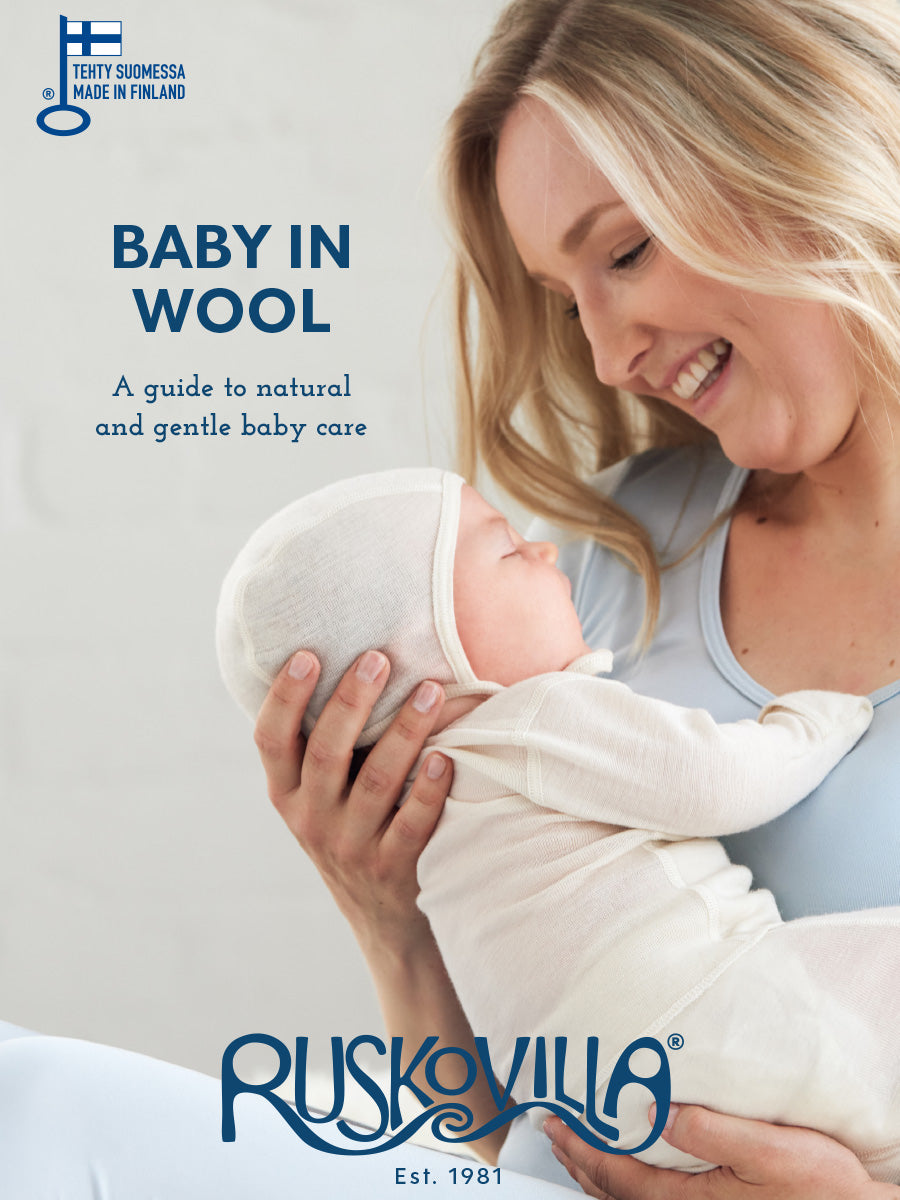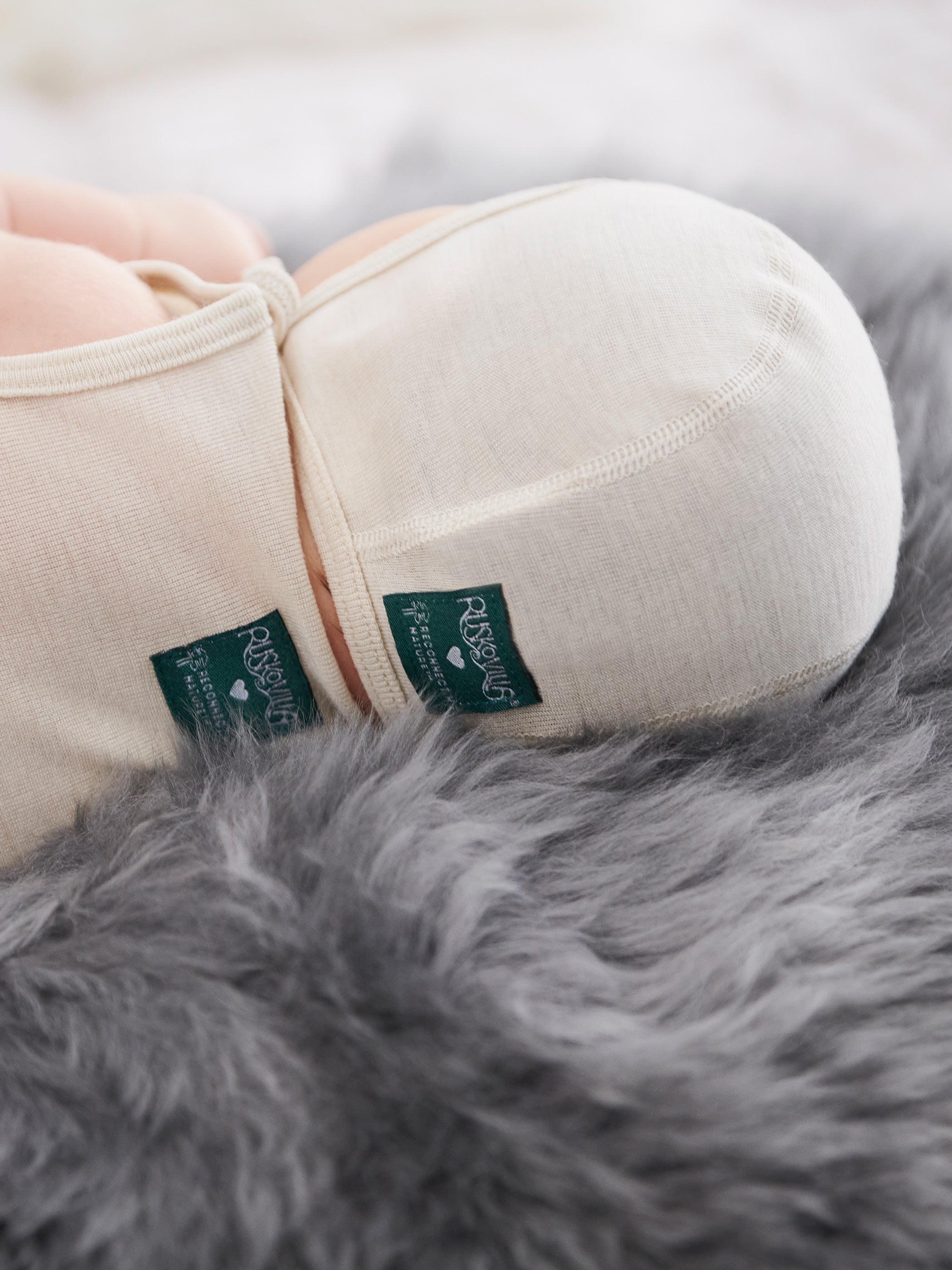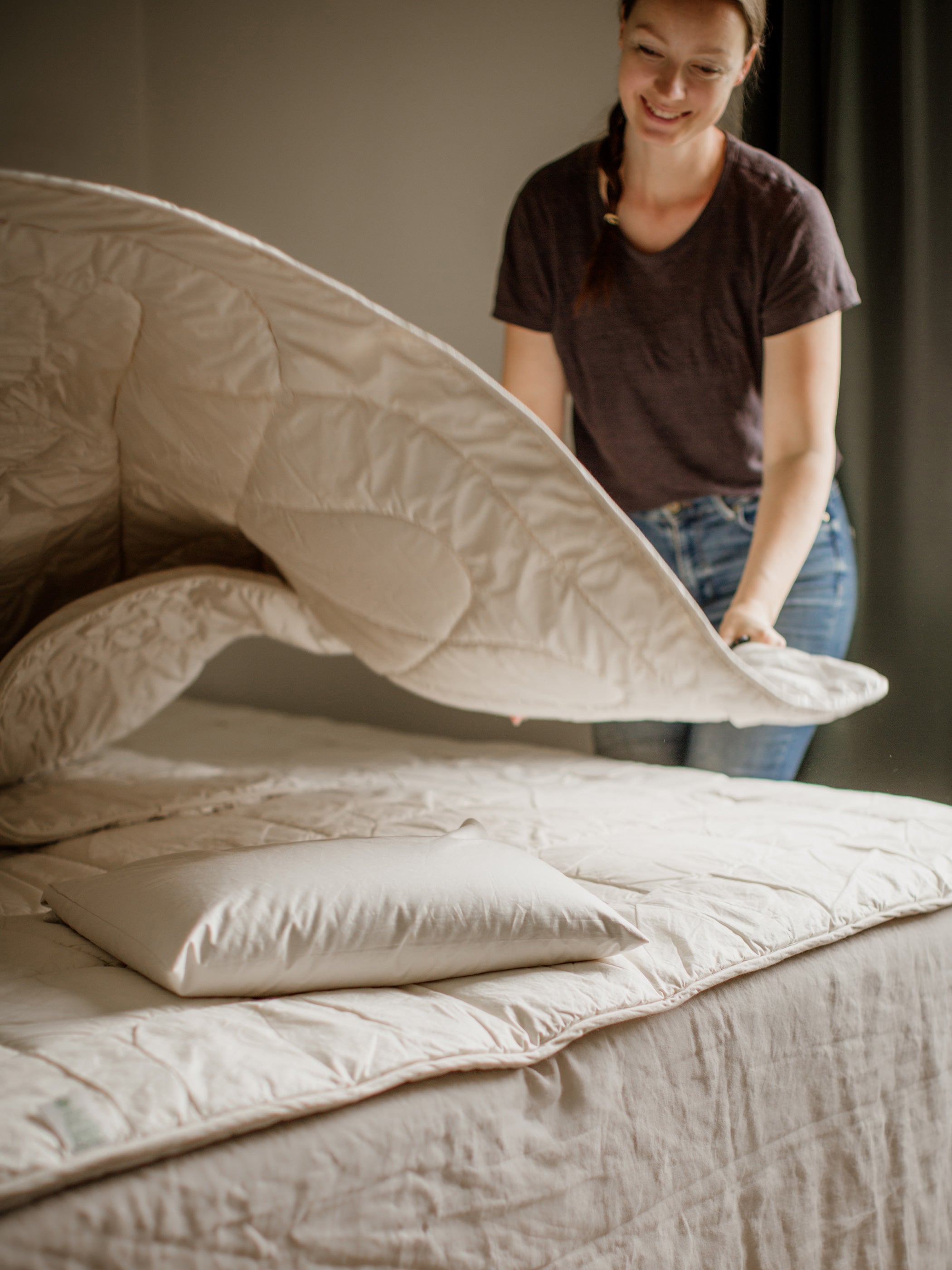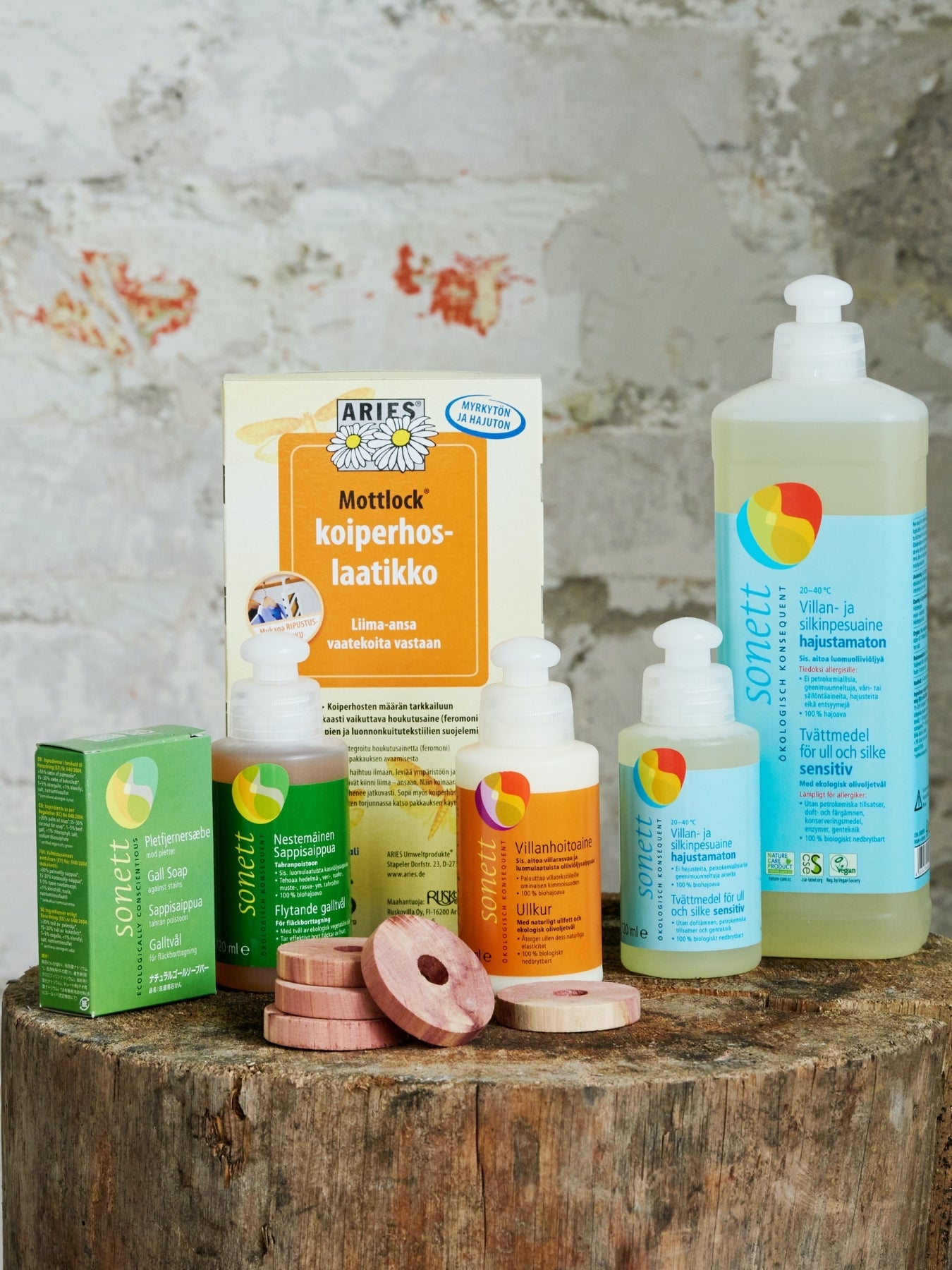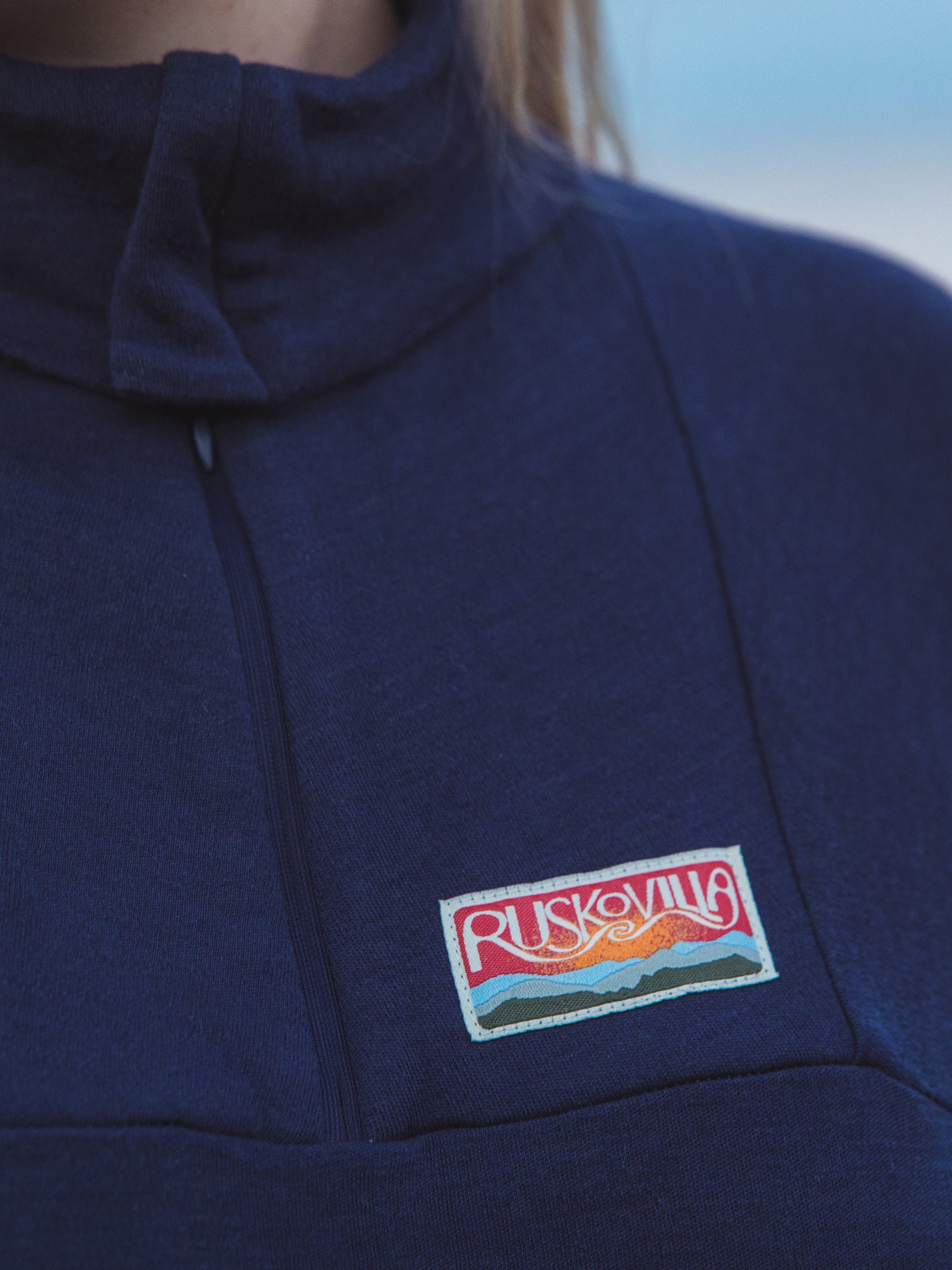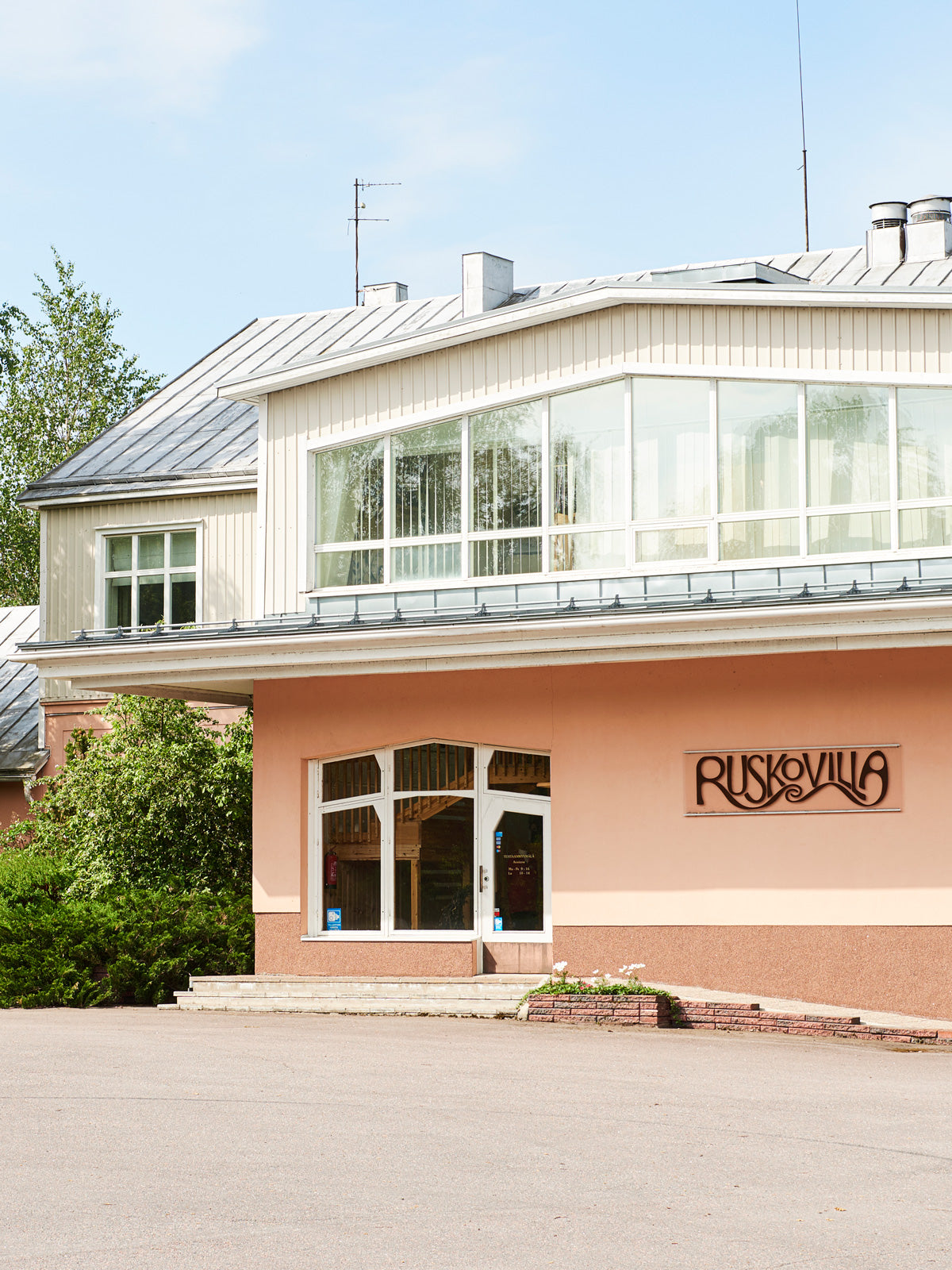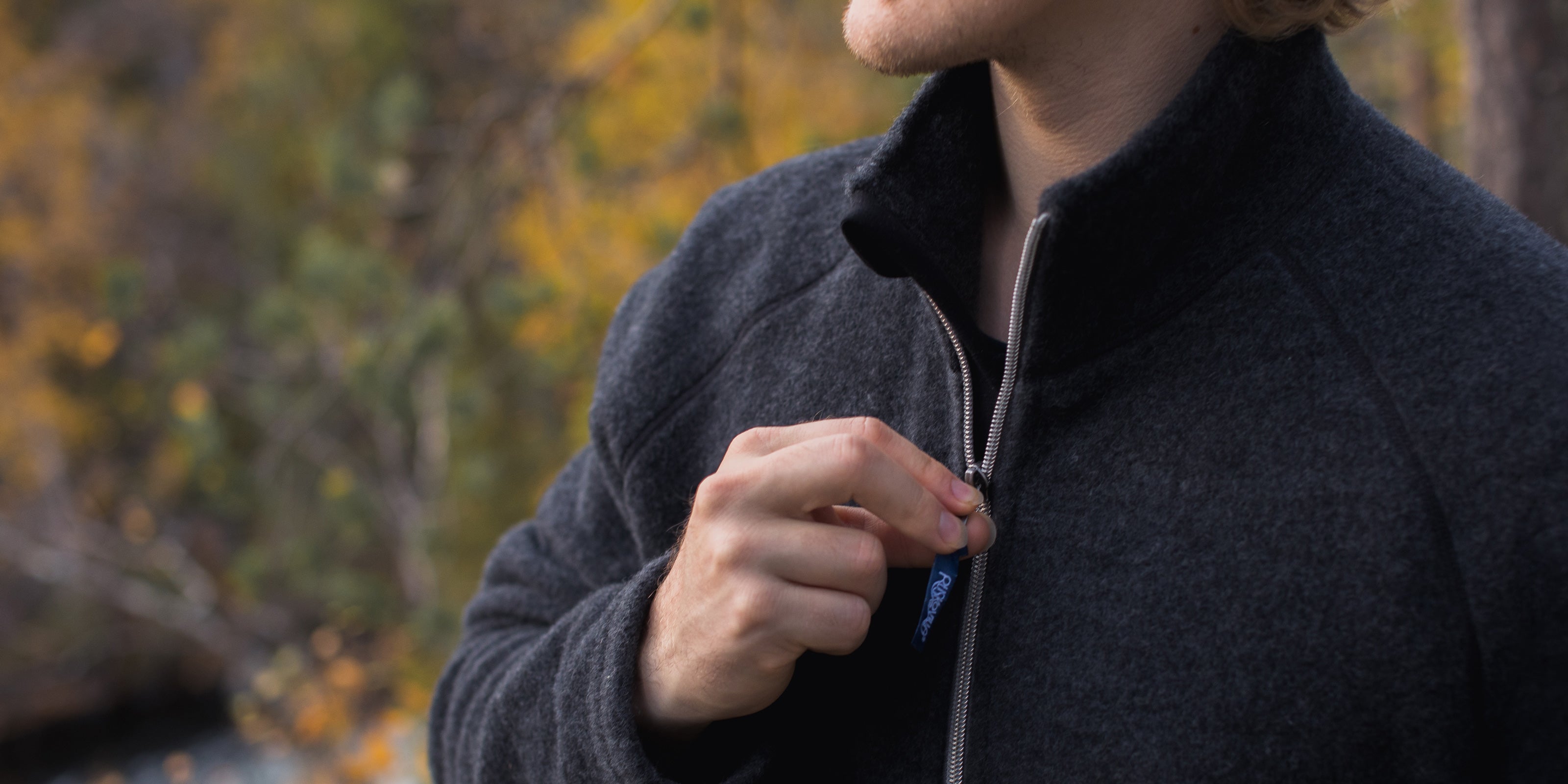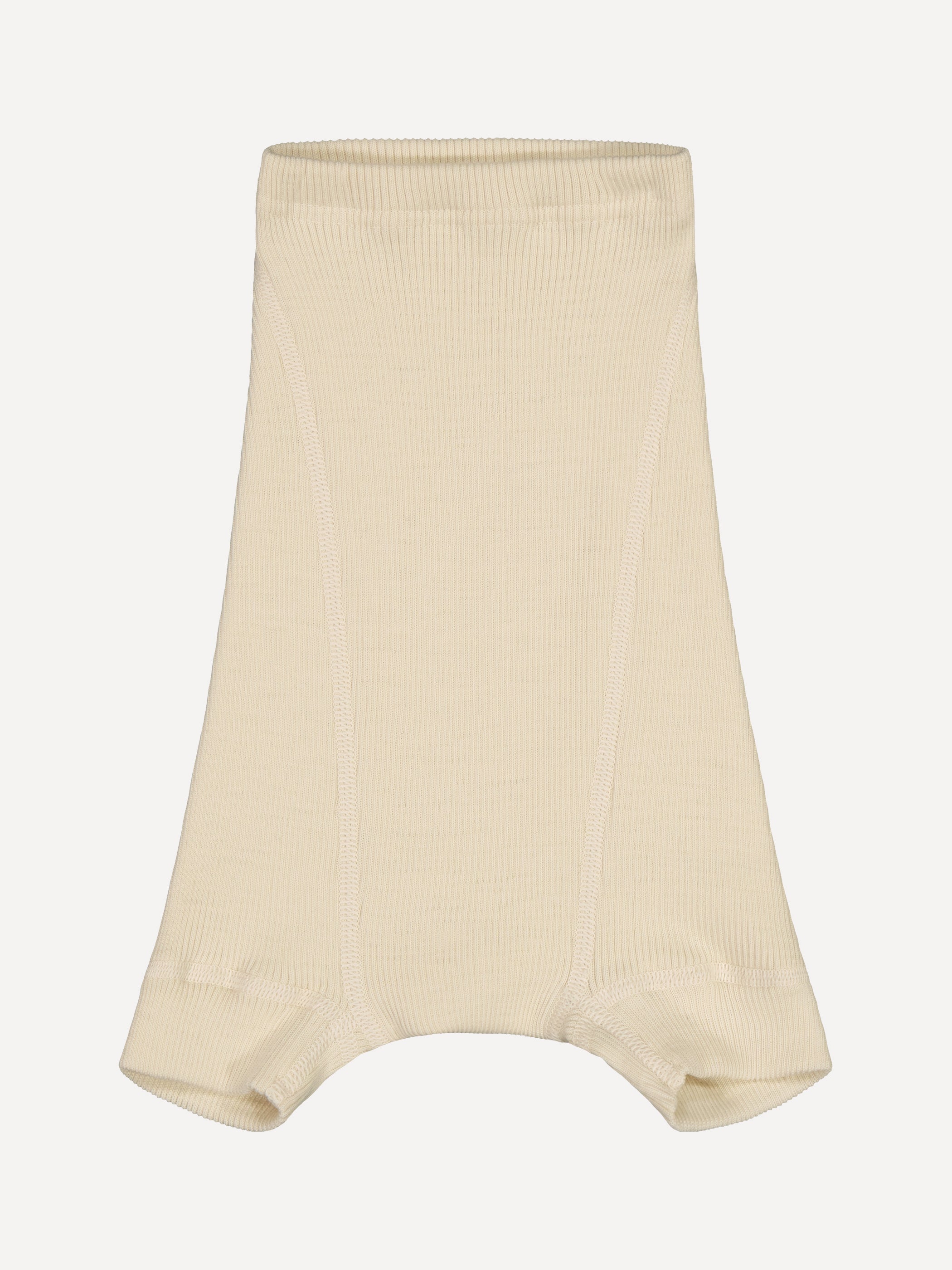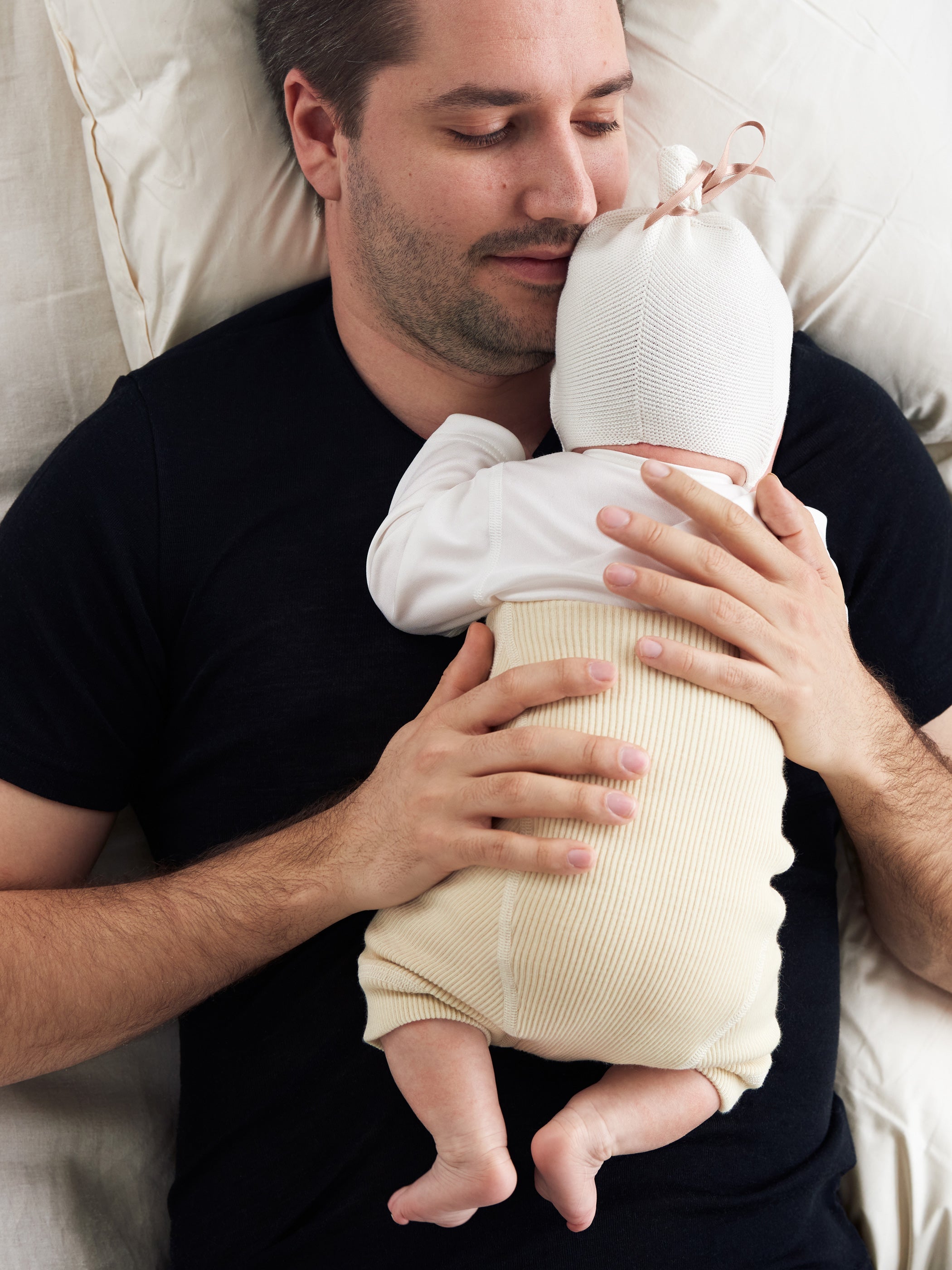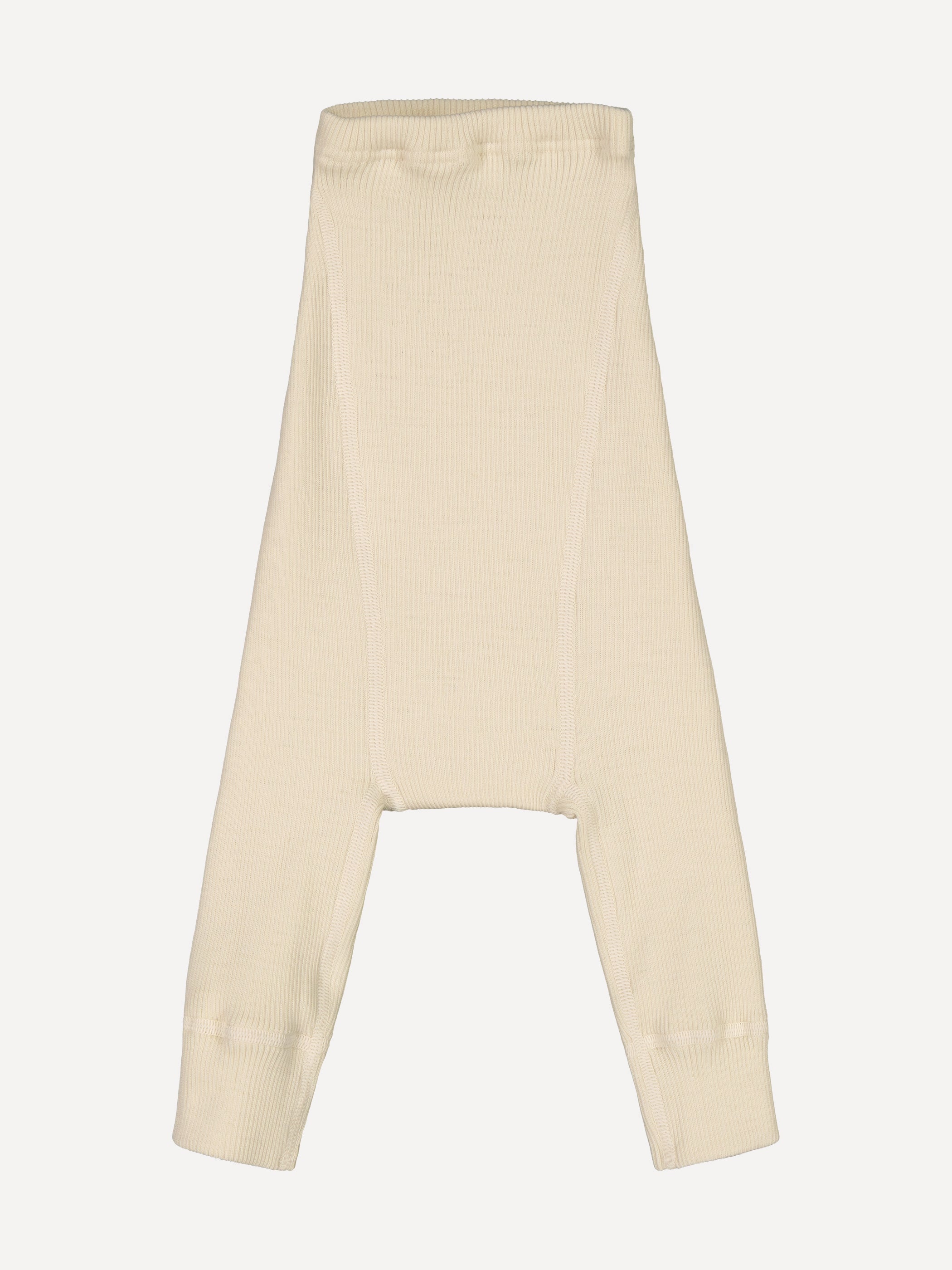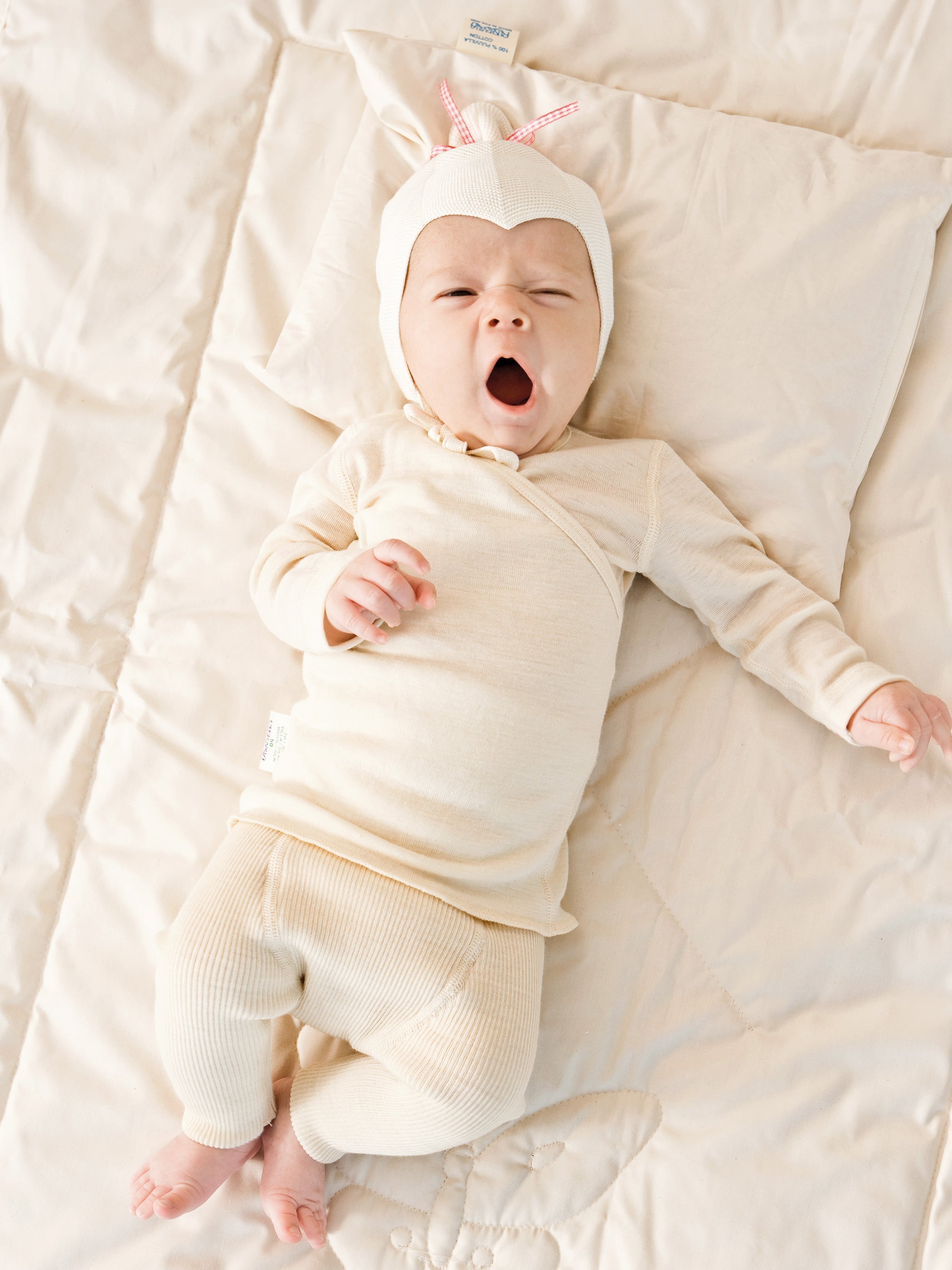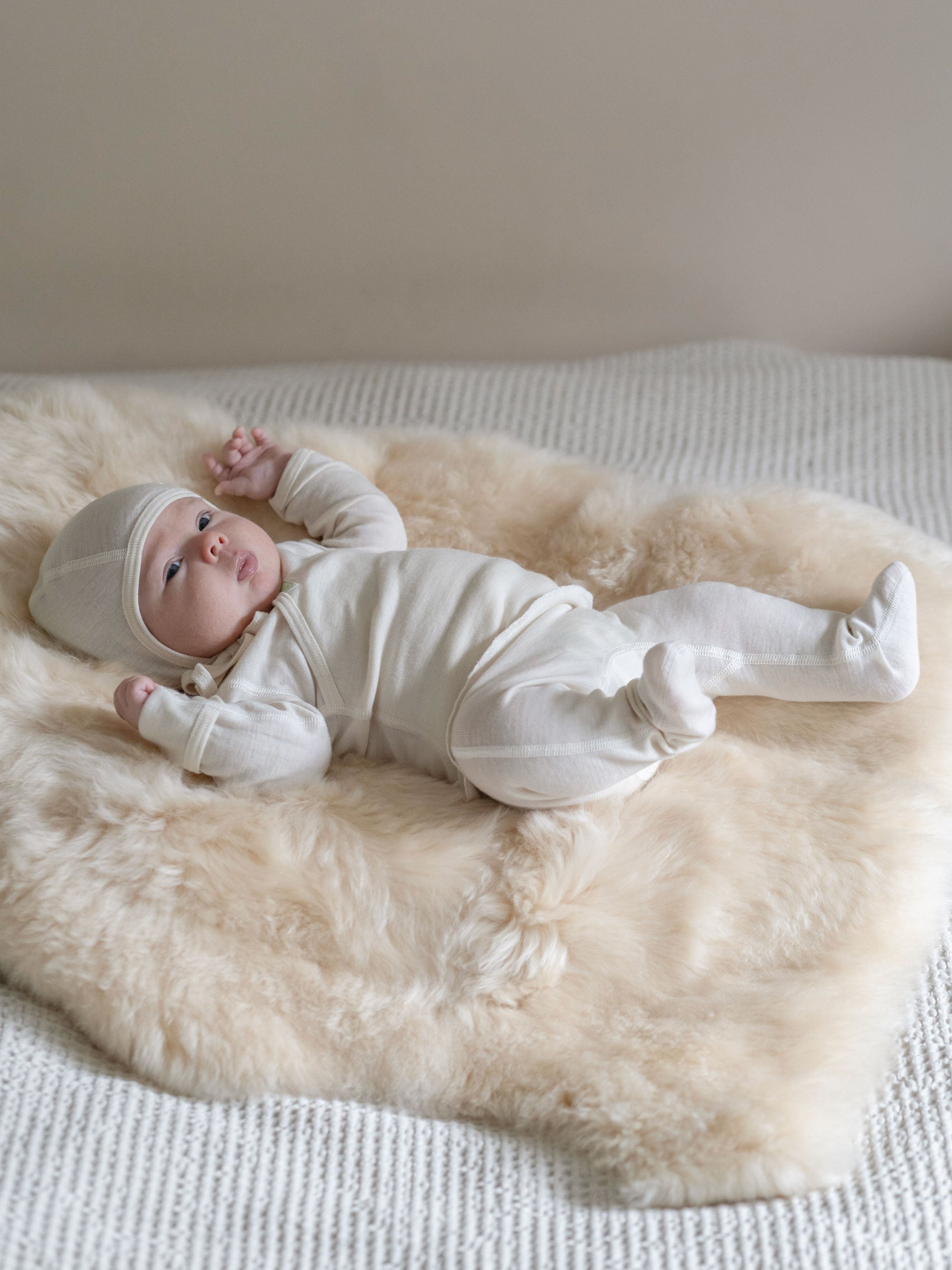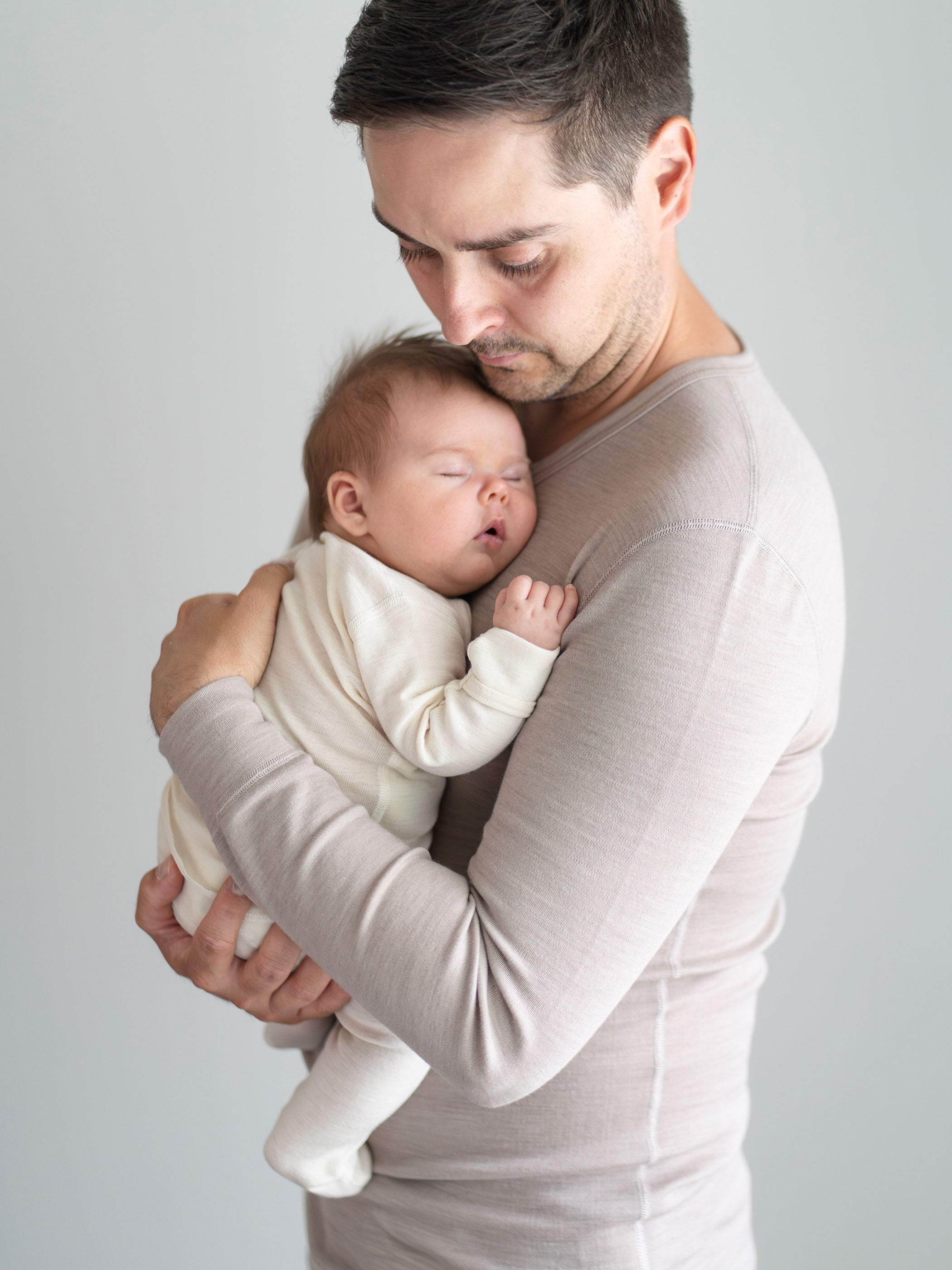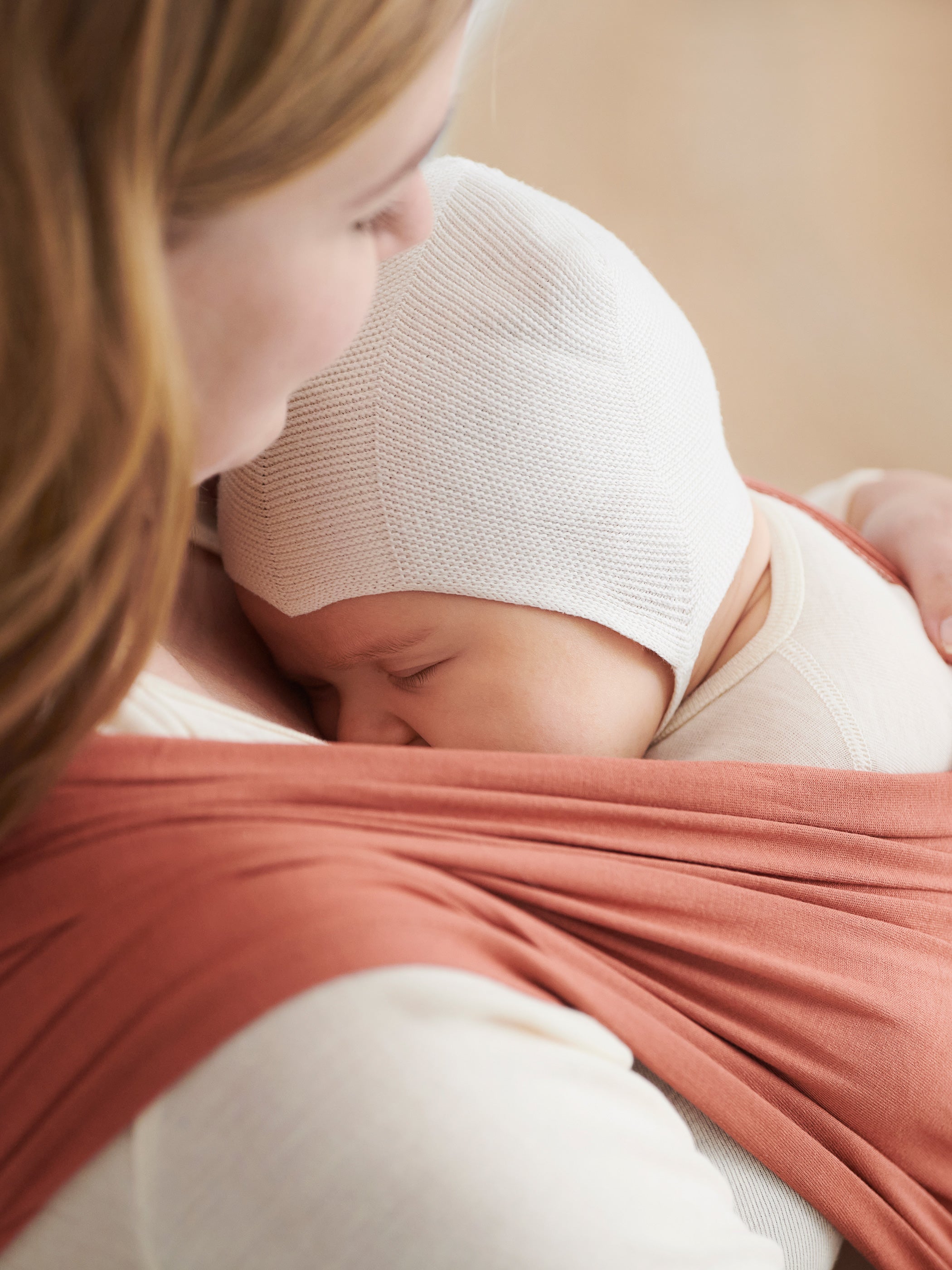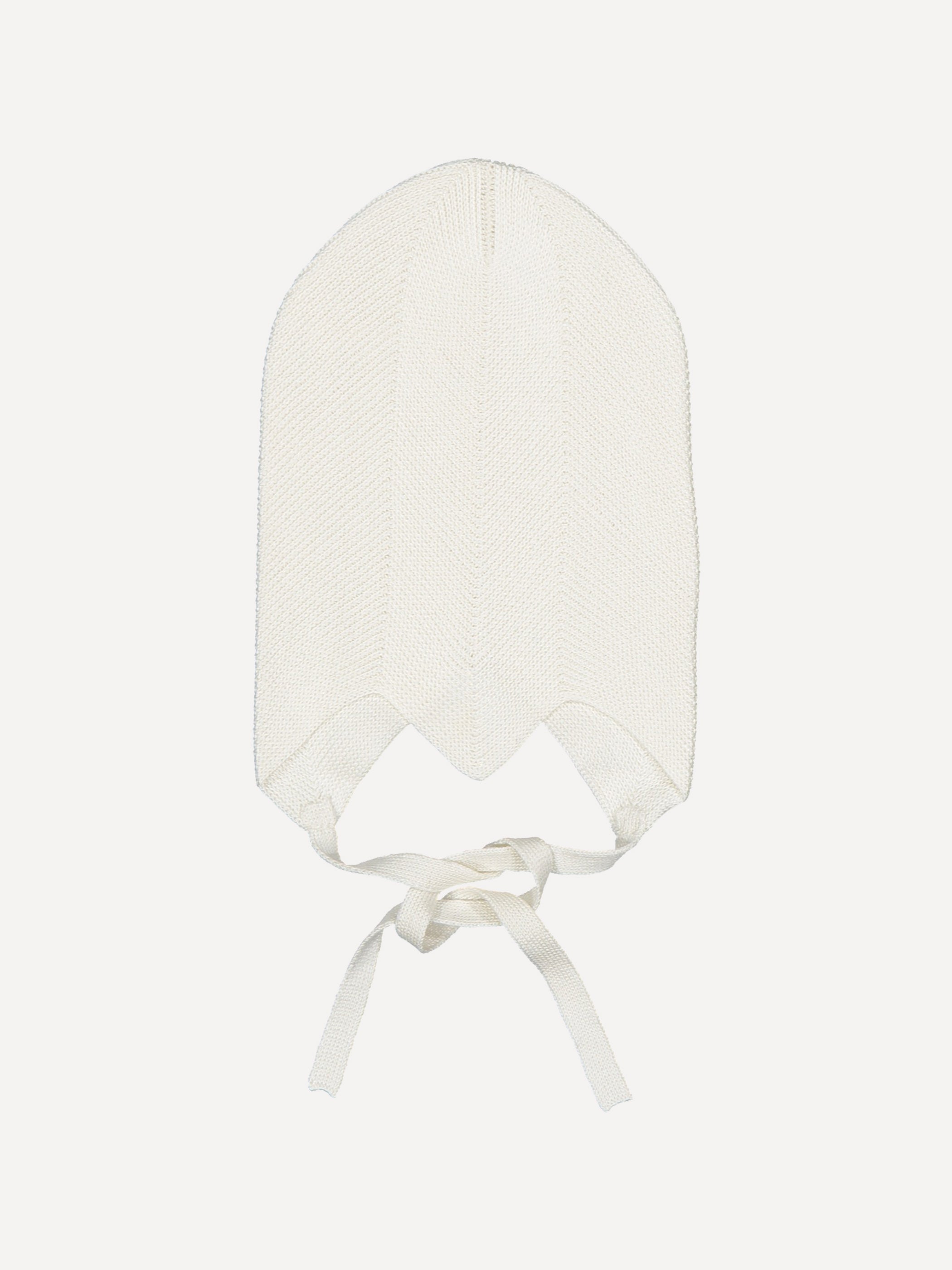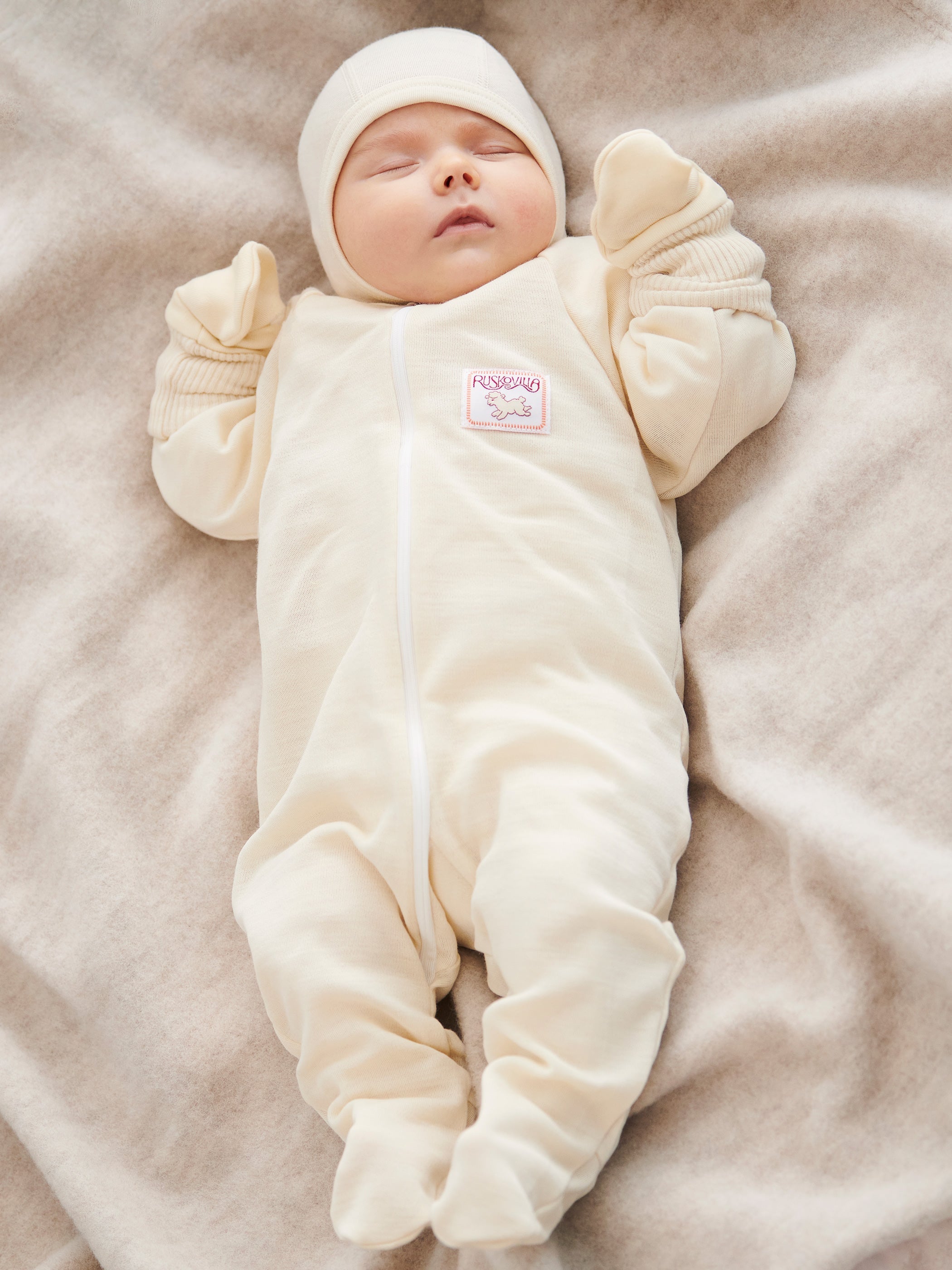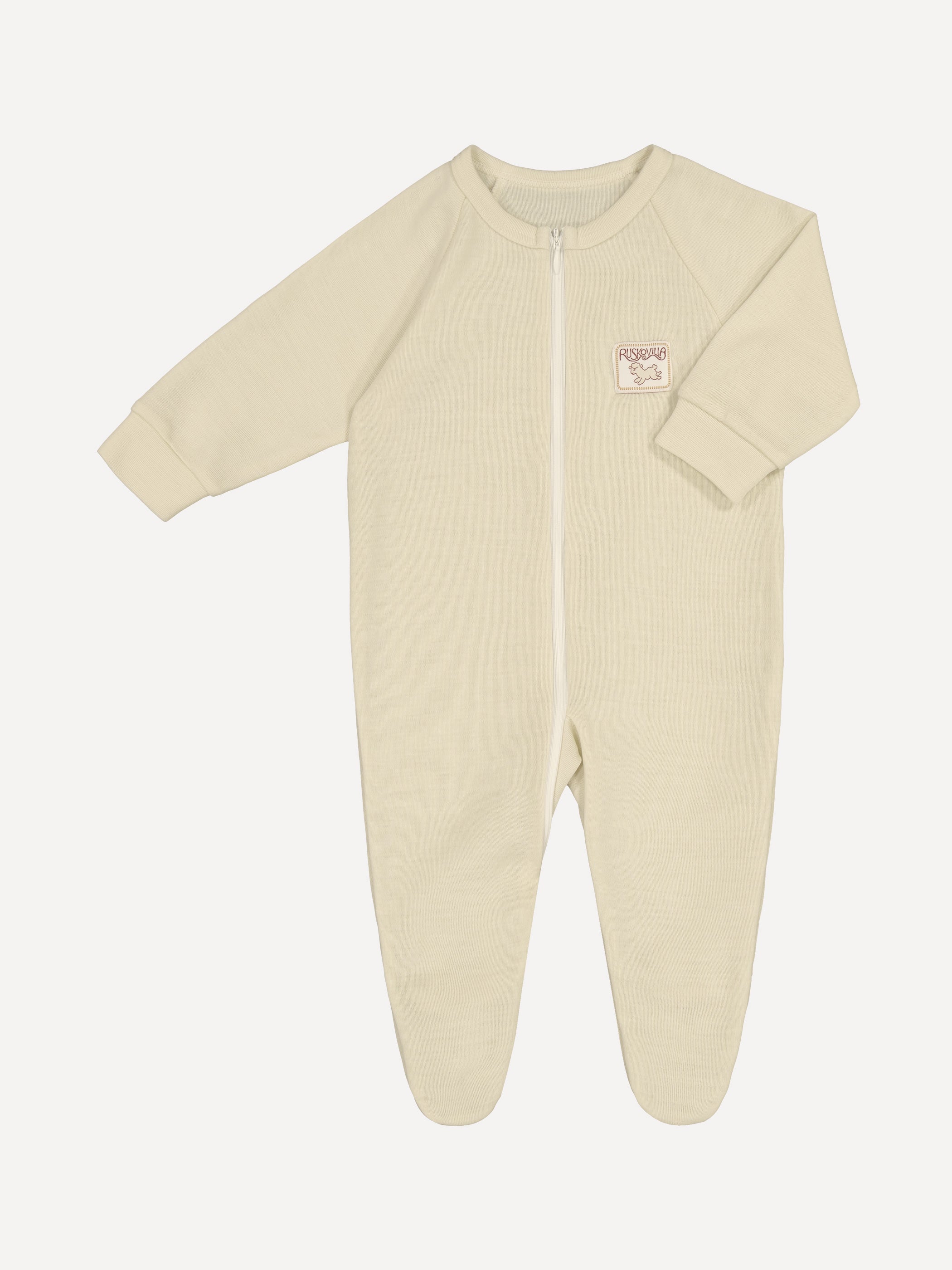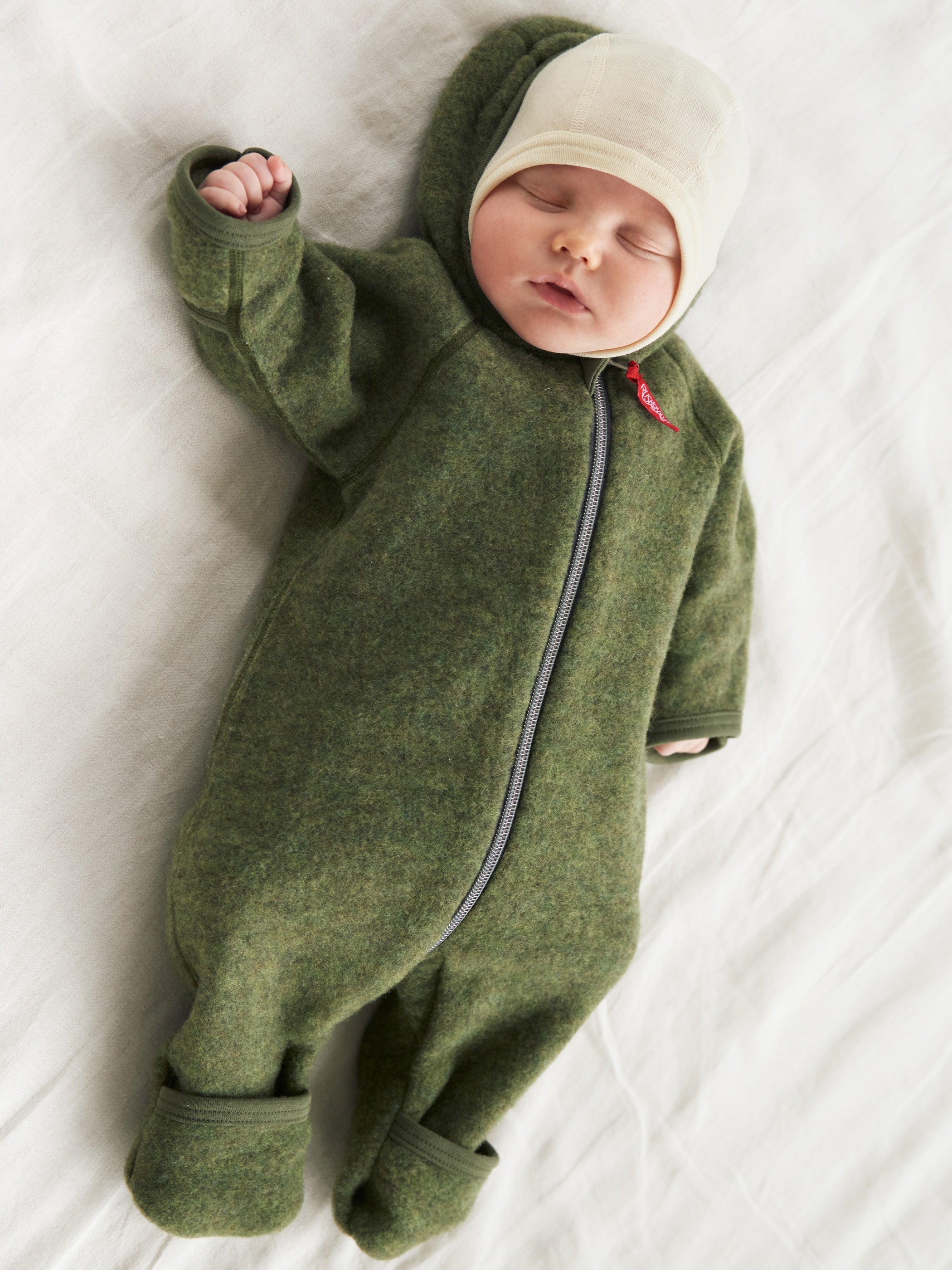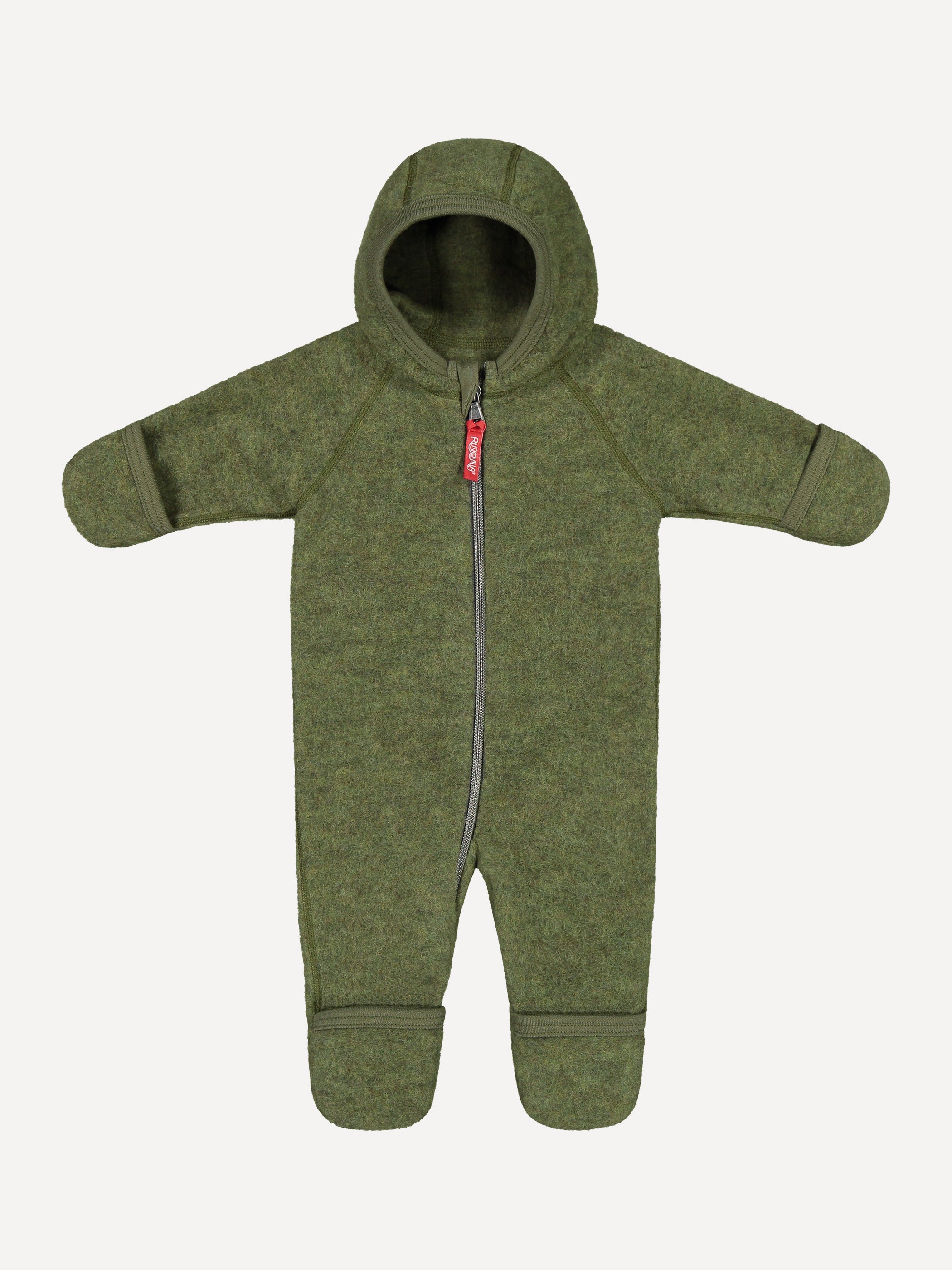When pulling on a woollen pullover few of us really stop to think about how far the wool has come from the grazing sheep to the finished product. Or what it takes before a silk shirt caresses your skin and a cotton swaddle soothes your baby to sleep.
Natural fibers are often perceived as organic in themselves, but not all natural fibers are produced according to organic principles. All the raw materials we use - merino wool, silk, silk wool and cotton - are certified organic.
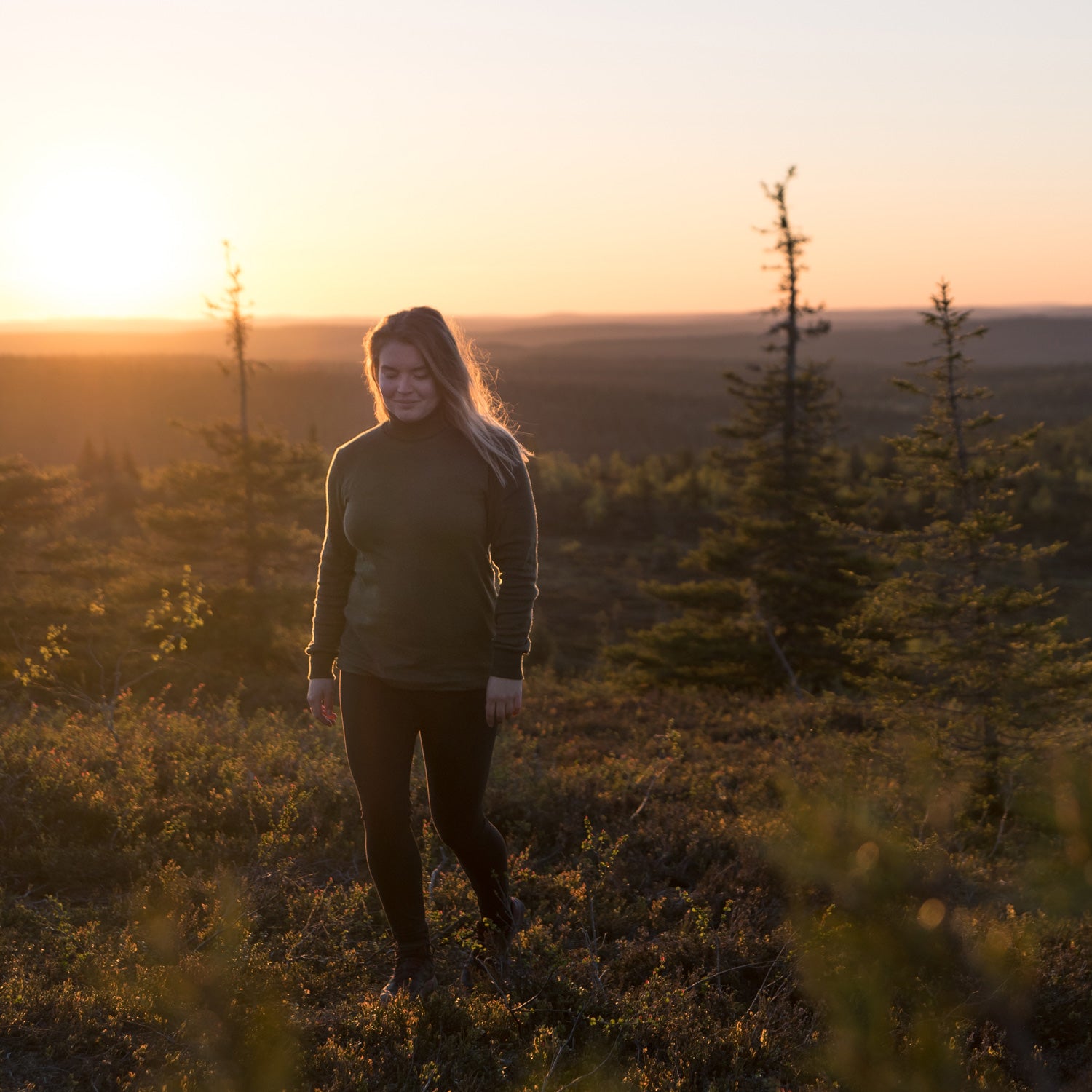
What exactly does organic mean?
In organic production, the principle is to produce products with manufacturing methods that are not harmful to the environment or the health and well-being of people, plants, and animals.
The certification of natural fibers starts with the soil where the sheep graze, the mulberry trees for the silkworms grow, and the cotton seeds are sown. Organic production considers the well-being of animals, soil, and people from the production of raw materials to the finished product. Attention is paid to soil fertility, and only natural fertilisers are allowed.
There are strict criteria for workers' rights to organise, wages, and occupational safety, and the use of child labour is strictly prohibited.
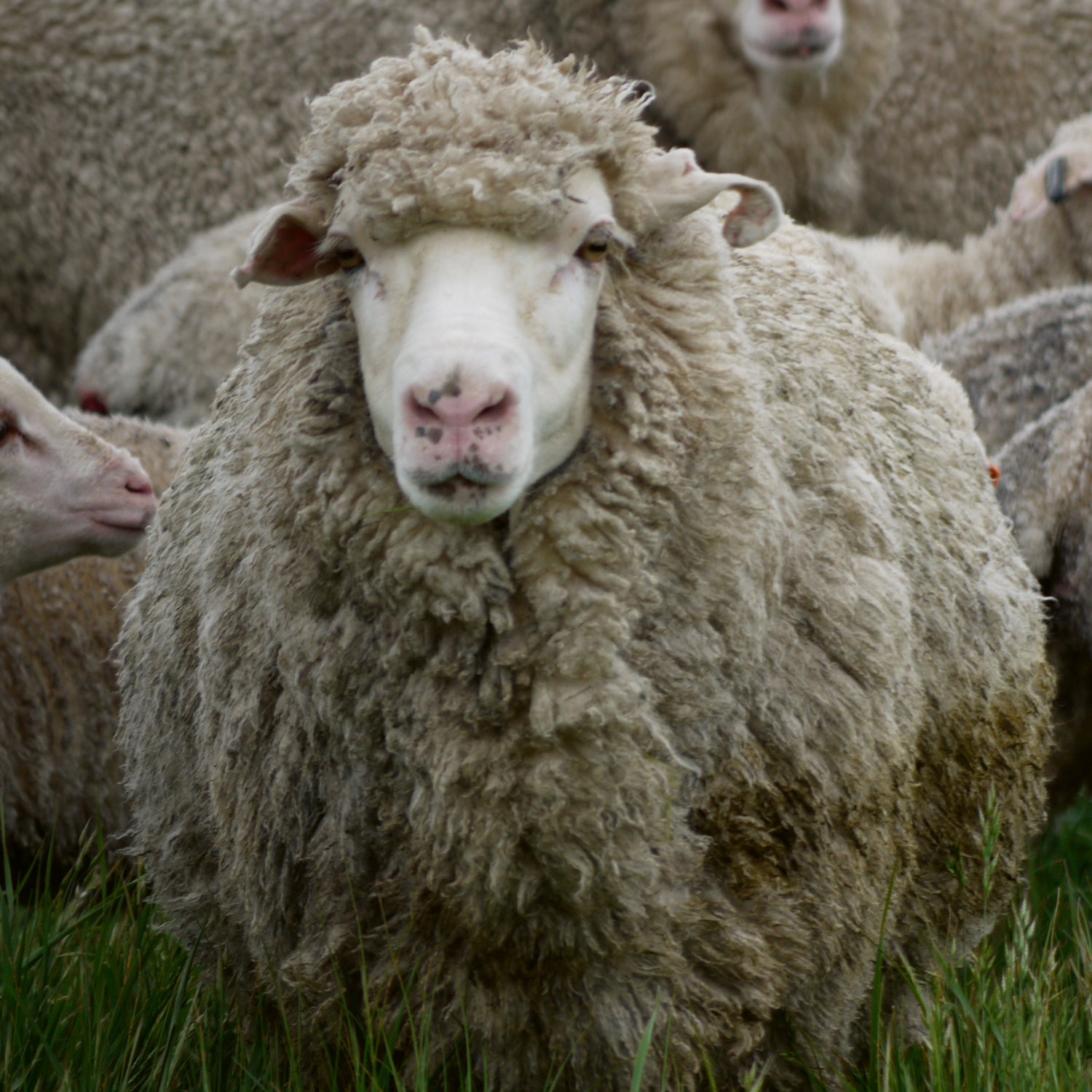
Merino wool
In wool production, it is important to pay attention to soil fertility, crop rotation, sheep nutrition and health, and parasite control. Synthetic pesticides, hormones, vaccinations, and genetic manipulation are prohibited.
Sheep must have the opportunity to live species-appropriate lives, and there are restrictions on the chemicals allowed in wool processing. Additionally, people who make their living from sheep farming have the right to fair compensation in line with local wage levels.
Read more about organic wool production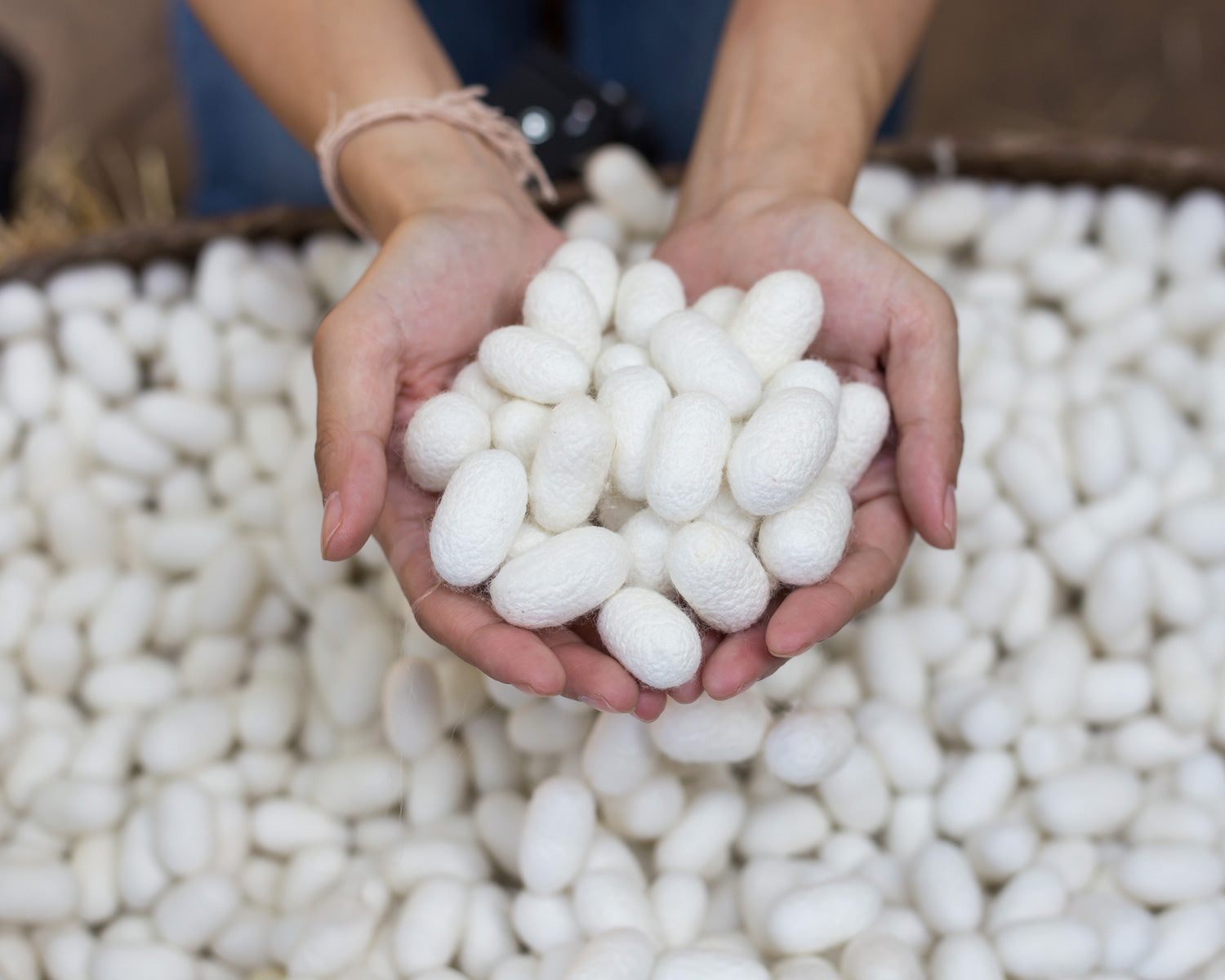
Silk
The most important silk producer is the silk moth that is reared as a silk-producing domestic animal. During the past millennia the moth has been breeded so that it’s completely dependent on humans.
Silkworm farming is also based on the well-being of the soil, which produces the mulberry leaves that feed the larvae. All synthetic fertilisers and pesticides are forbidden in organic silk farming.
Mulberry trees are not grown in monocultures but rather alongside various fruit trees and other plants, mimicking a natural habitat. This diverse environment thrives and provides excellent living conditions for bees and other organisms inhabiting the area.
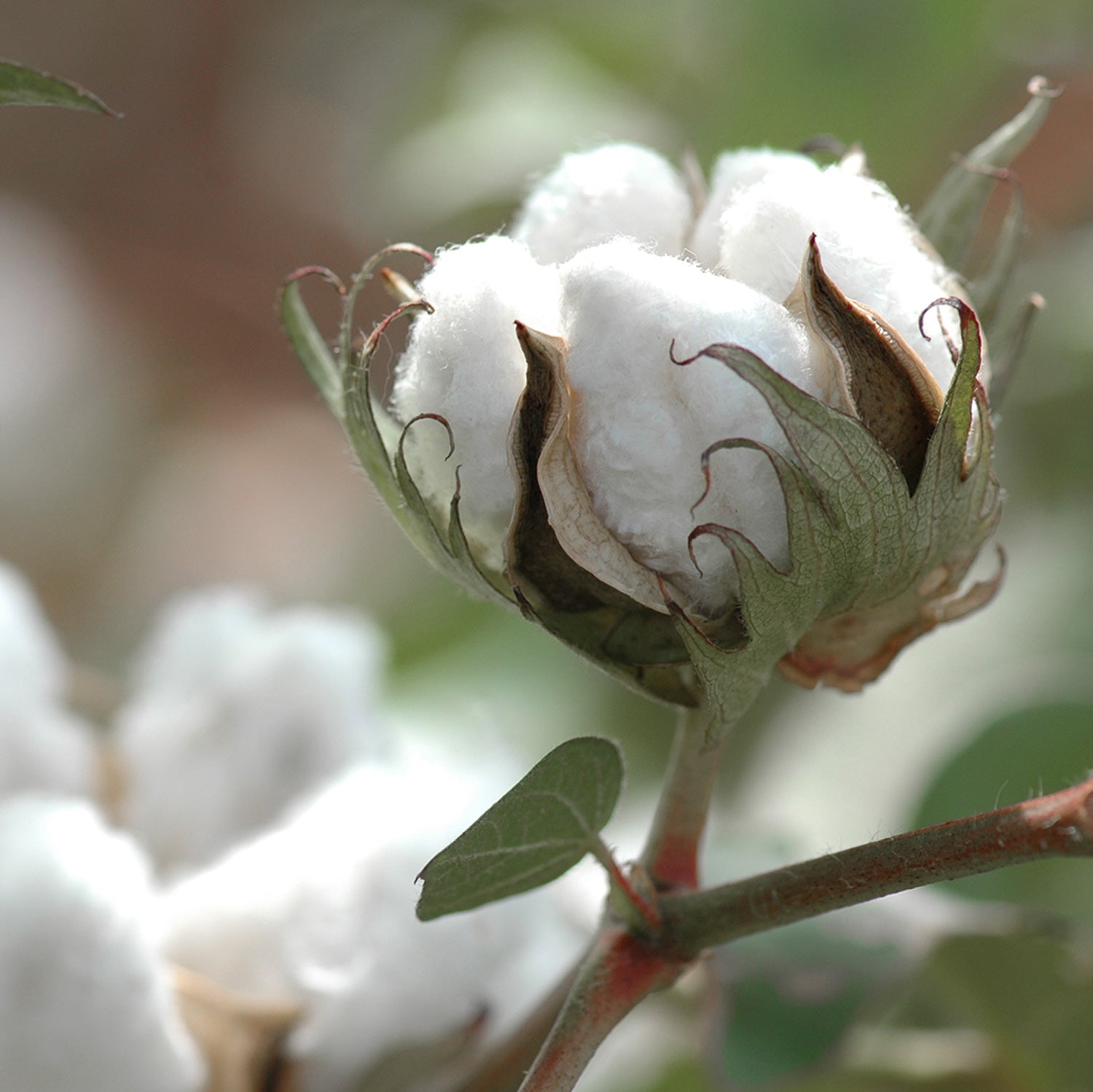
Cotton
Massive amounts of cotton is farmed globally, but organic farming accounts for only a fraction of this. The reason is obvious when looking at the basic principles of organic cotton farming. These include organic fertilisation, biological pest control, hand-picking and the social responsibility of farmers and their families.
While conventional cotton farming requires a large amount of the world's most harmful chemicals, organic cotton farming demands a tremendous amount of work, as fertilisers and pesticides are made from natural raw materials. These are safe to use, and the farmers, soil, and environment thrive.
Read more about cotton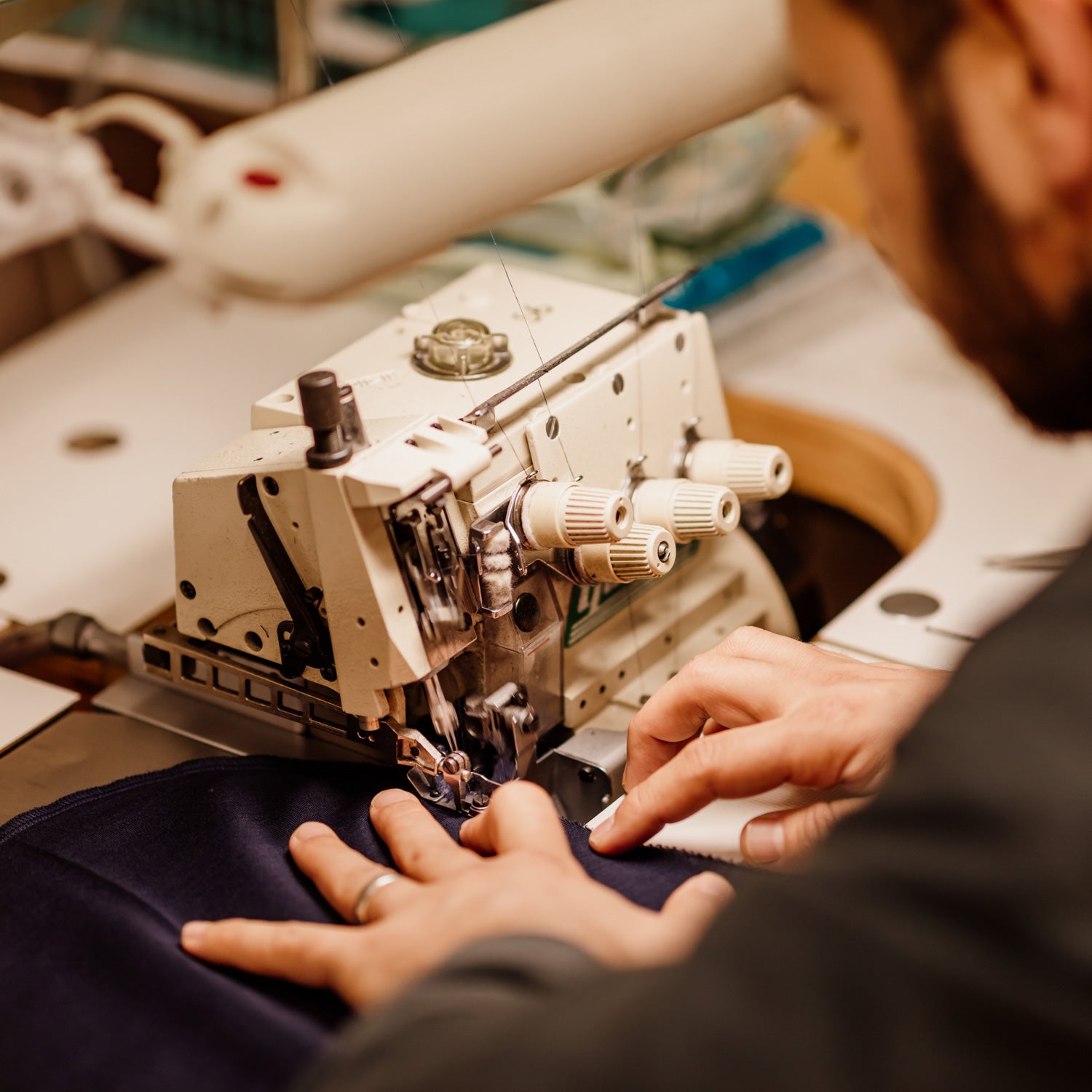
Further processing of raw materials
The same strict criteria apply to the further processing of organic raw materials.
For example, wool shades are achieved using safe reactive dyes without chromium or heavy metal salts, and the dyeing is done in a closed system, preventing dyes from being released into water bodies. Our products are not treated with finishing agents that are harmful to humans or nature.
Our products are manufactured and packaged by our own professionals in Artjärvi, Finland.
Production in Finland


